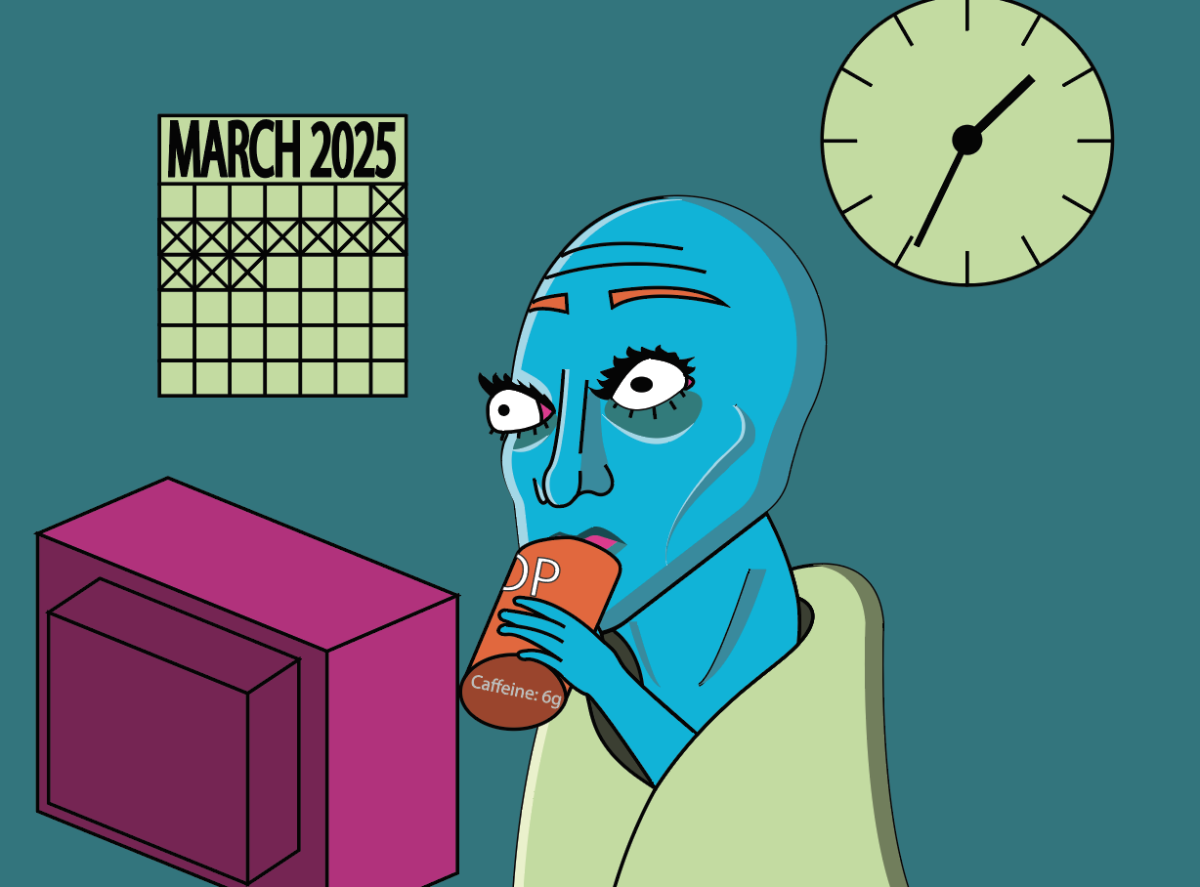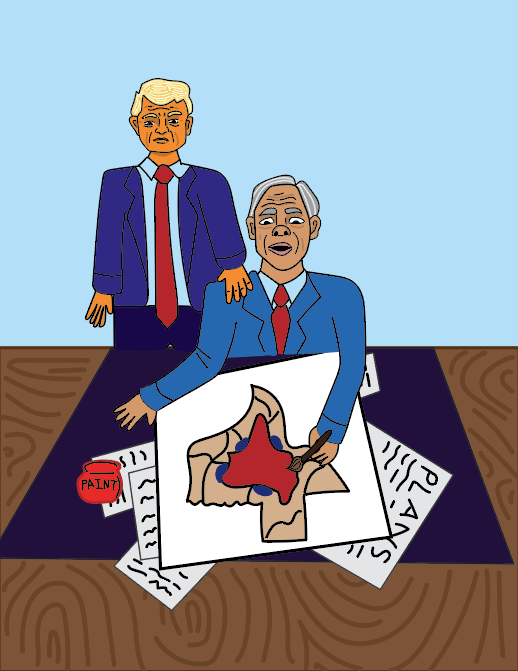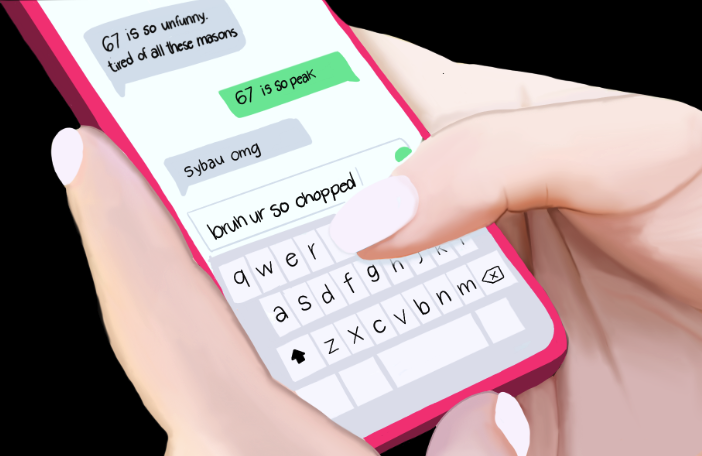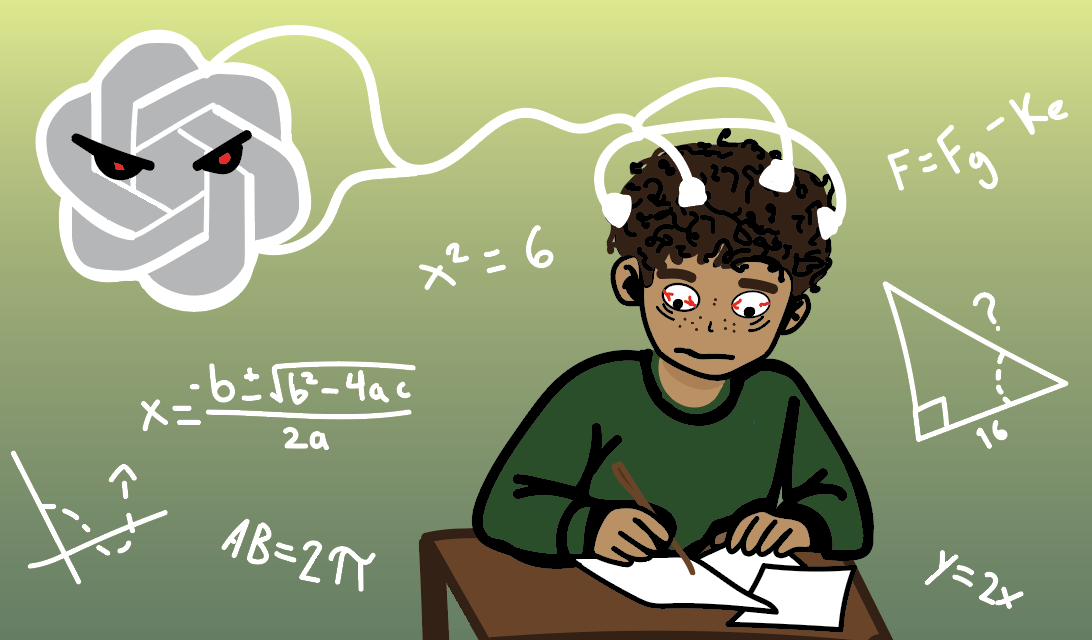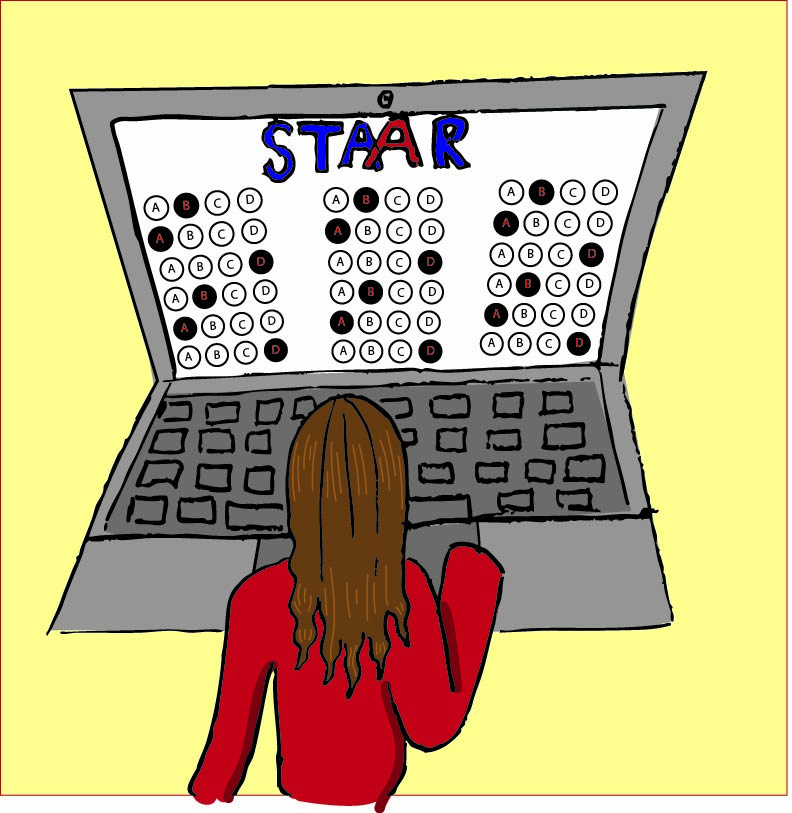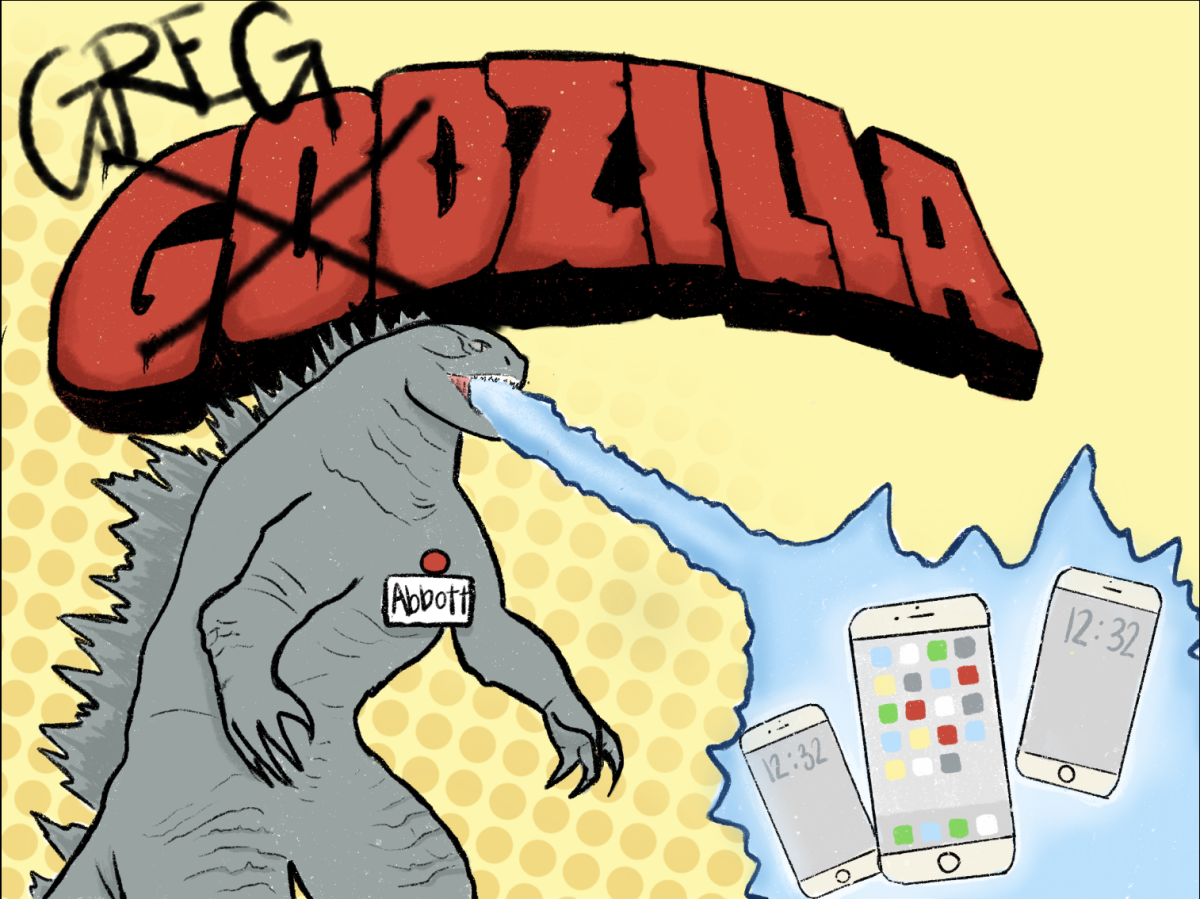Caffeine energizes the body, and can provide the pick-me-up needed to make it through the day after studying all night. It’s no shock that many teens consume some sort of caffeine on a daily basis, whether it’s in the form of energy drinks, coffee, or soda. Today, 73% of teens drink caffeine on a daily basis. While caffeine does come with its perks, many of its negative effects are overlooked.
Caffeine can cause health issues, leading to decline in performance at school and work, and caffeine addiction. Teens should stop consuming caffeine to prevent the negative impacts and effects it may have on them in the future.
With a combination of both short and long term effects, caffeine can be harmful to someone’s health. According to research done by the National Library of Medicine, excessive caffeine intake can result in heart palpitations, headaches, and nausea. Research also revealed that there have been deaths linked to the excessive consumption of energy drinks.
Energy drinks contain an average of 200 milligrams of caffeine in a single can, and doctors recommend that teens and adults limit their caffeine intake to 100 milligrams a day. Putting one’s health and life at risk for a drink that only provides energy for half a day, doesn’t seem like a fair trade-off in the long run.
Consuming excessive amounts of caffeine can also lead to Caffeine Use Disorder, or a severe caffeine addiction. Many people who consume caffeine become dependent on it to keep them awake or alert. Excessive caffeine users tend to struggle reducing their caffeine intake once the consumption of caffeine becomes a routine. Studies by the National Library of Medicine state that caffeine has side-effects similar to drugs. Both cause a person’s brain to believe that they need to consume these substances because their body or health depend on it. Cutting off a drug addiction can lead to many struggles, similar to those caffeine addicts may experience. While there are treatments to help combat a caffeine addiction, there are very few, and they are difficult to access.
Caffeine can also lead to performance issues, whether school-related, at work, or while playing a sport. Some effects of caffeine can include behavioral problems and trouble focusing. These are factors that play into many people’s everyday lives. Having trouble focusing can lead to a rapid decline in performance during school or work which can lead to problems like falling behind, failing, or even getting fired.
The effect caffeine has on behavior can also negatively impact day-to-day life and social activities. Caffeine can cause mood swings and behavior issues like bursts of anger, stress, or irritation. All of these issues tie into teen’s social lives, creating conflicts in their everyday activities, and possibly continuing throughout their lives.
Although caffeine has many negative effects, it can help individuals stay awake, alert, and active. Whether it’s an energy drink or a cup of coffee, consuming caffeine is a fast and easy way many people get energy for the day.
That said, the negative effects of caffeine outweigh the benefits, and there are many alternatives to caffeine. Simply starting by adjusting sleep habits can make a world of difference. Having a balanced and healthy diet and staying hydrated also helps people stay energized throughout the day.
While occasionally using caffeine to get through the day won’t have extreme effects, depending on it as a source of energy, continuously, is dangerous. Relying on caffeine is not worth the potential health risks of a drink that can’t even provide energy for a full day. People need to be aware of the dangers caffeine can bring regarding their safety and well being.



